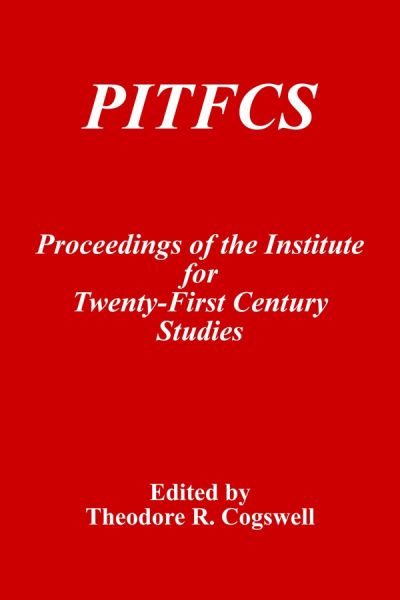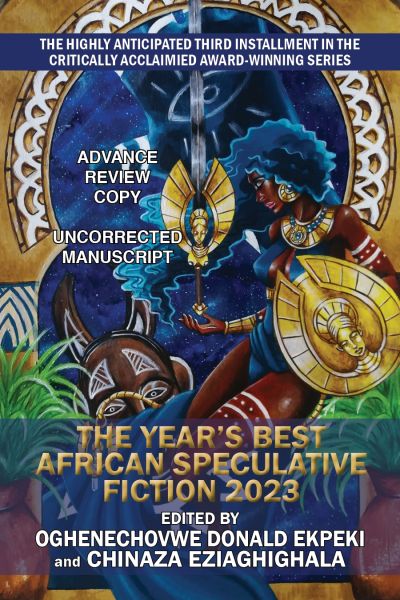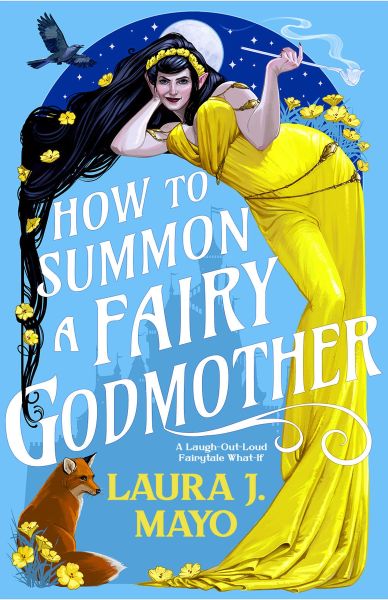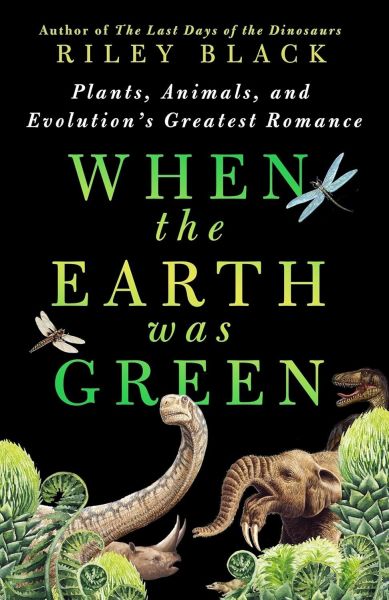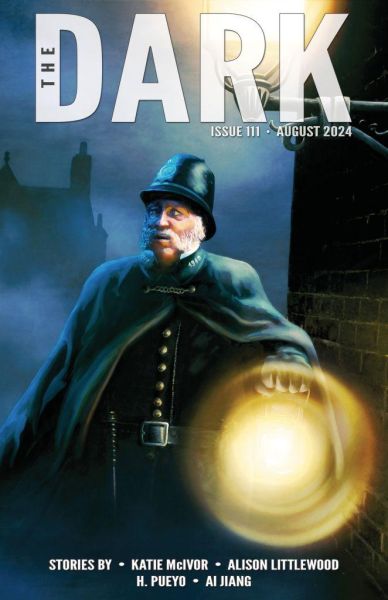August 2024 in Review

31 Aug, 2024
0 comments
[Added at 10 PM]
I only just now realize I forgot to mention something important in my August In Review: on August 11 I lost both the Hugo and the Aurora awards back to back. In both cases, the process was painless, even enjoyable.
August 2024
22 works reviewed. 12 by women (55%), 10 by men (45%), 0 by non-binary authors (0%), 0 by authors whose gender is unknown (0%), and 9.5 by POC (43%).
2024 to Date
175 works reviewed. 98 by women (56%), 74 by men (42%), 2 by non-binary authors (1%), 1 by authors whose gender is unknown (1%), and 70.5 by POC (40%).
Grand Total to Date
2704 works reviewed. 1510 by women (56%), 1129 by men (42%), 42 by non-binary authors (2%), 23 by authors whose gender is unknown (1%), and 842.25 by POC (31%).
Government Types August 2024
Total 22, Not Applicable 1 (5%), Unclear 3 (14%), Anarchy 0 (0%), Pure democracy 0 (%), Representative democracy 7 (32%), Oligarchy 10 (45%), Autocracy 1 (5%).
Government Type 2024 TD
Total 175, Not Applicable 20 (11%), Unclear 12 (7%), Anarchy 6 (3%), Pure democracy 1 (0.6%), Representative democracy 56 (32%), Oligarchy 74 (42%), Autocracy 6 (3%).
